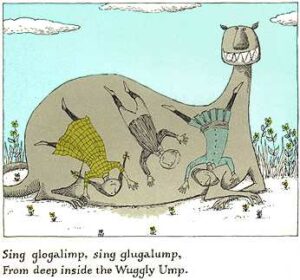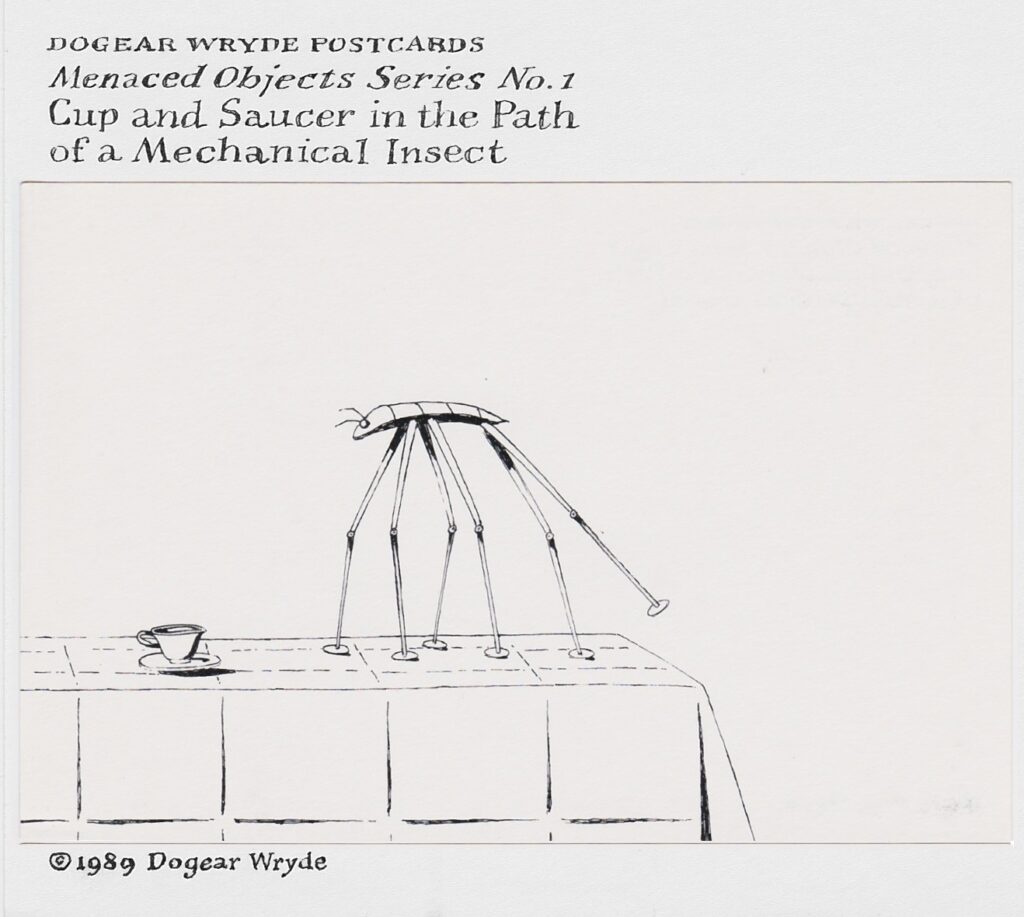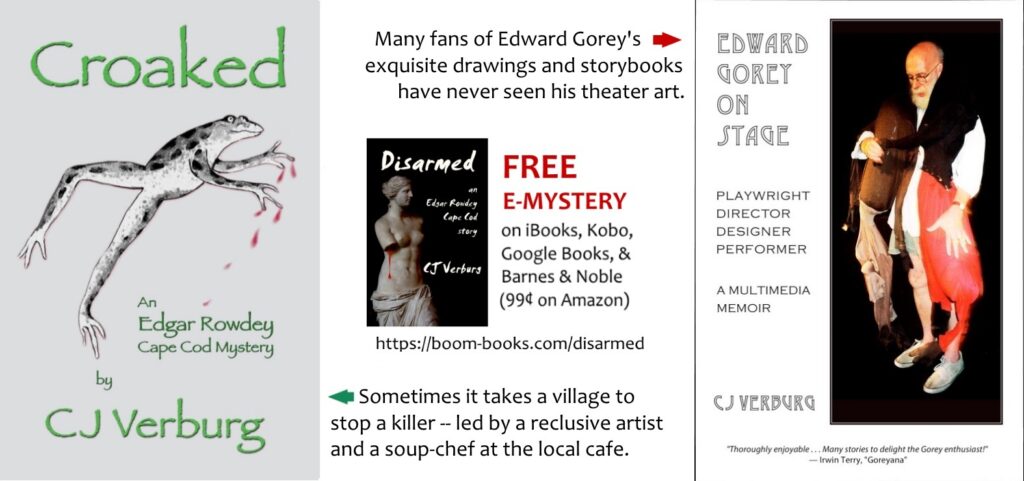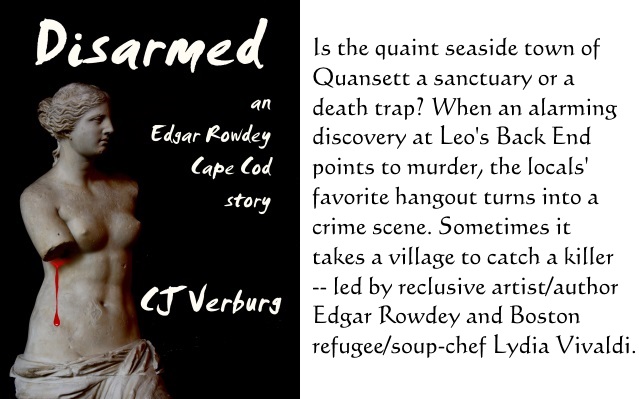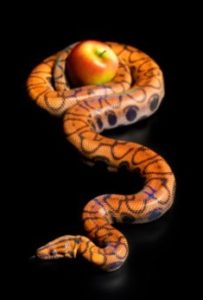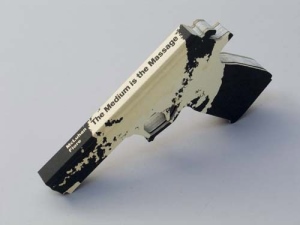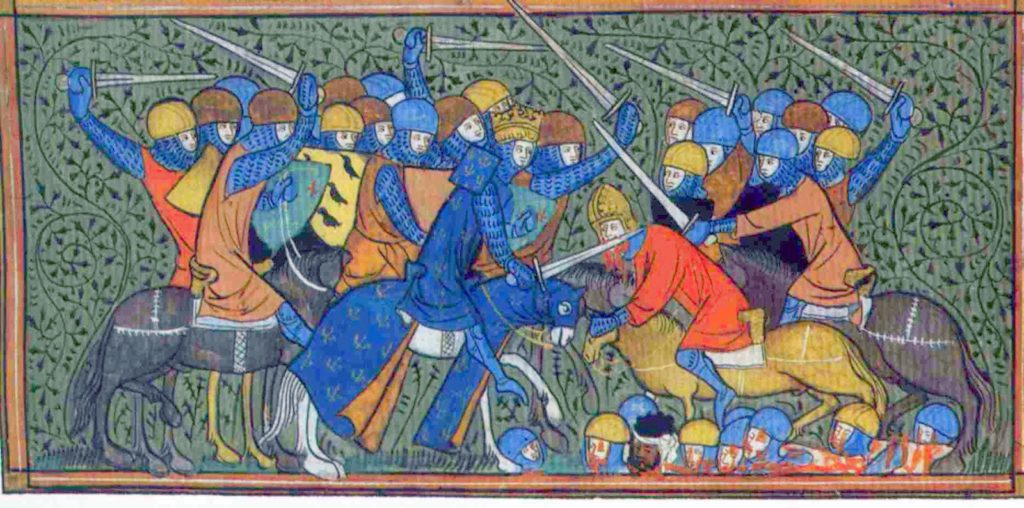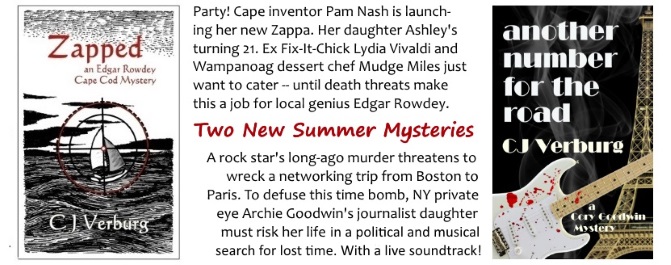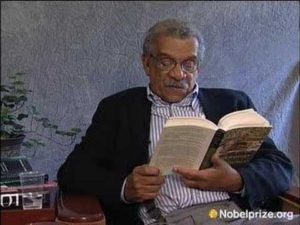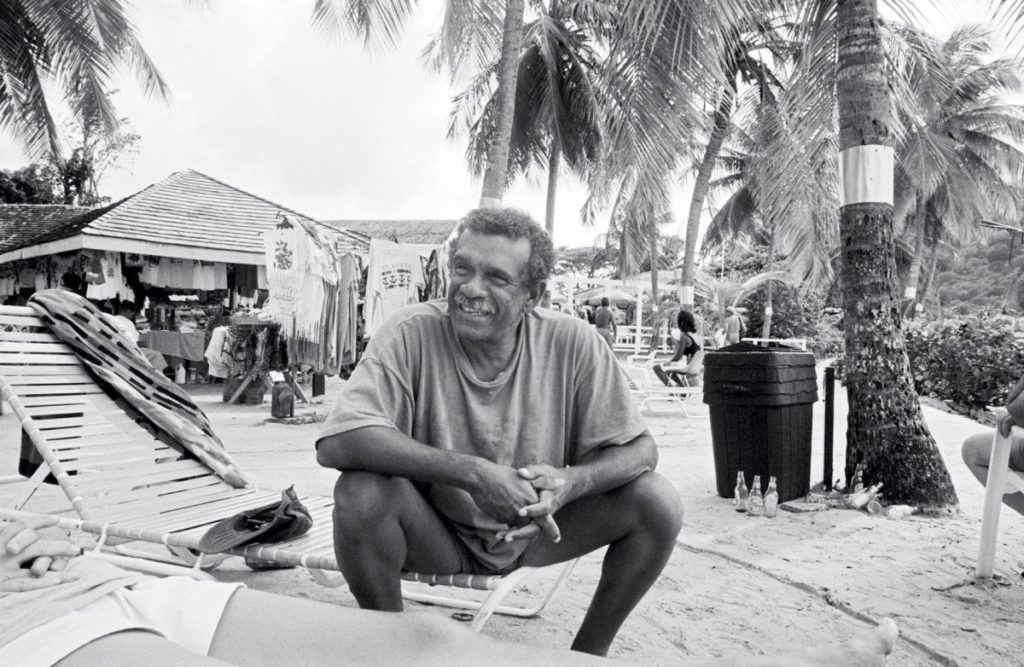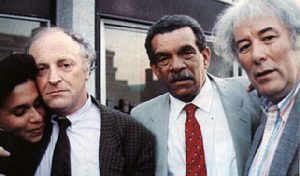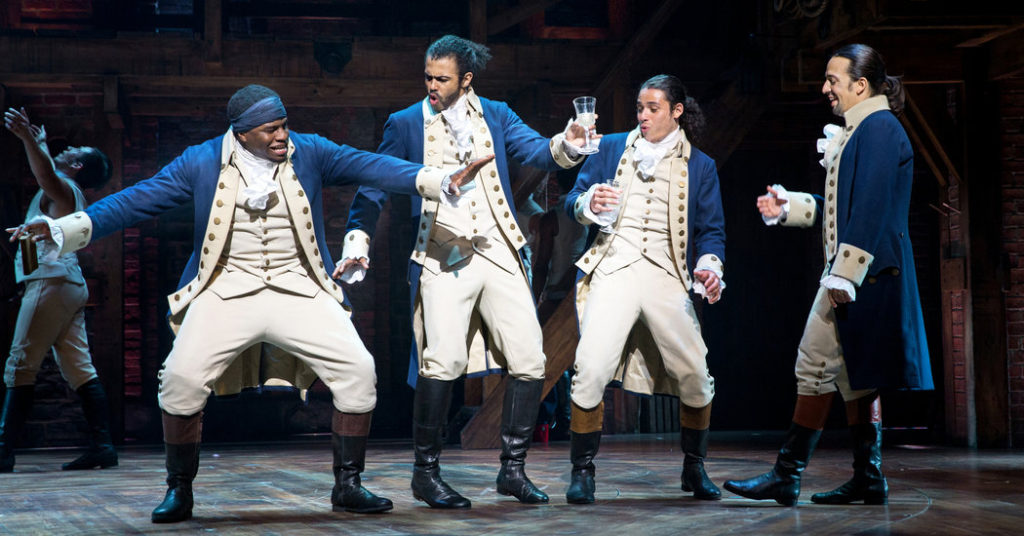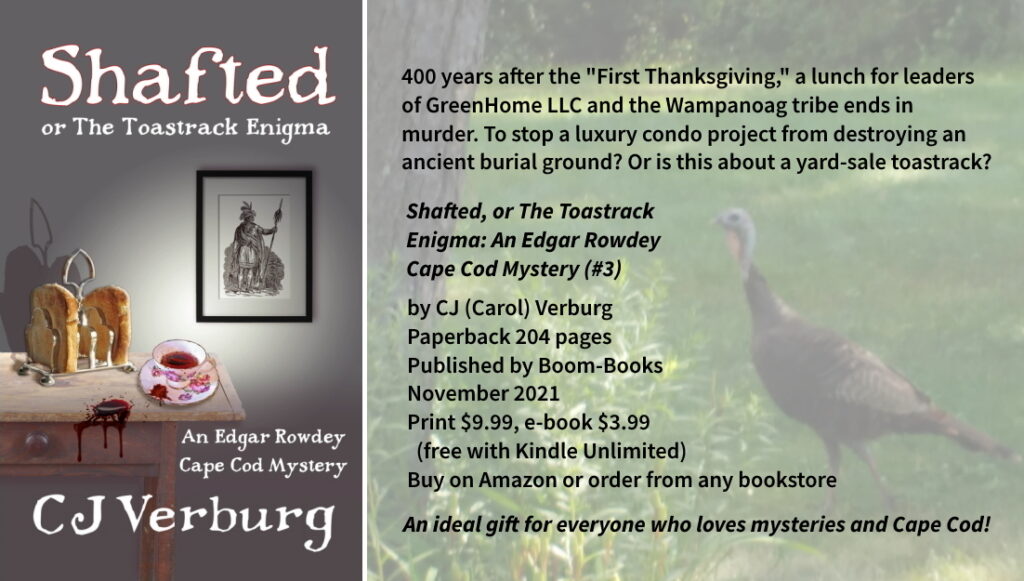 Just in time for the holidays — CJ Verburg’s twisty, fast-paced new whodunnit full of quirky Cape Codders, food, humor, and sailing!
Just in time for the holidays — CJ Verburg’s twisty, fast-paced new whodunnit full of quirky Cape Codders, food, humor, and sailing!
Get Shafted, or The Toastrack Enigma right now on Kindle or in paperback, or order from any local or online bookstore.
“A cozy with an edge . . . Highly recommended!”






